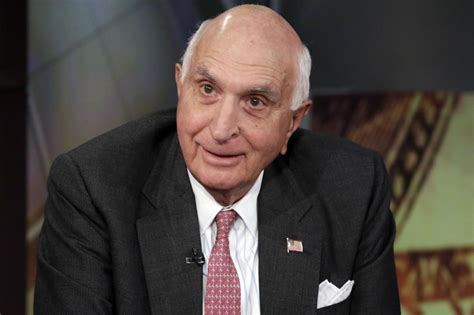Top 1200 Record Companies Quotes & Sayings - Page 2
Explore popular Record Companies quotes.
Last updated on December 20, 2024.
There's definitely some sort of dissent brewing between record labels, publishing companies and artists [about the compensation they get from streaming services] Spotify is returning a HUGE amount of money [to the record labels]. If we continue growing at our current rate in terms of subscriptions and downloads, we'll overtake iTunes in terms of contributions to the recorded music business in under two years.
Obviously, it's designed by record company executives who want a cheap success, and they don't want to give money to anybody and they don't want to give contracts, so they've created this world of very bubbly teenagers who want to be "idols" and they think all they have to do is mime quite well and they've made it. ... But it's not the problem of the kids, it's the problem of the record companies, because it's just an inexpensive way for them to have so-called, I won't say "artists", but erm...You're nodding, you know what I mean.
I'm really glad we came up when we did. When we got started, the record companies were concerned with building careers. They made sure you could put on a live show before you put a record out. And if your first album sold 100,000 to 200,000 copies, they were happy, because they figured you had your foot in the door on a way to a long career.
When we first started our internet company, 'China Pages', in 1995, and we were just making home pages for a lot of Chinese companies. We went to the big owners, the big companies, and they didn't want to do it. We go to state-owned companies, and they didn't want to do it. Only the small and medium companies really want to do it.
When the trust is high, you get the trust dividend. Investors invest in brands people trust. Consumers buy more from companies they trust, they spend more with companies they trust, they recommend companies they trust, and they give companies they trust the benefit of the doubt when things go wrong.
Unfortunately, you don't get artist development anymore. Record companies have become a huge corporate thing. It used to be you'd meet someone [in the business] and they'd have a little history of music. Some people in the companies now don't even like music. It's just a job. So I miss the days when someone would go out on a limb and pick a band that was different. I just don't see that anymore. It's the same with the film industry.


























































